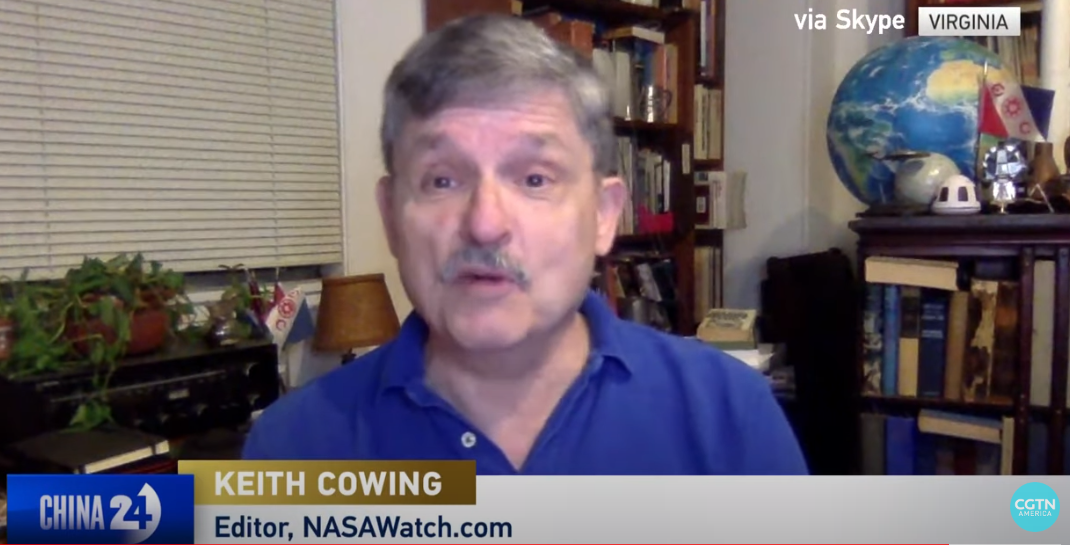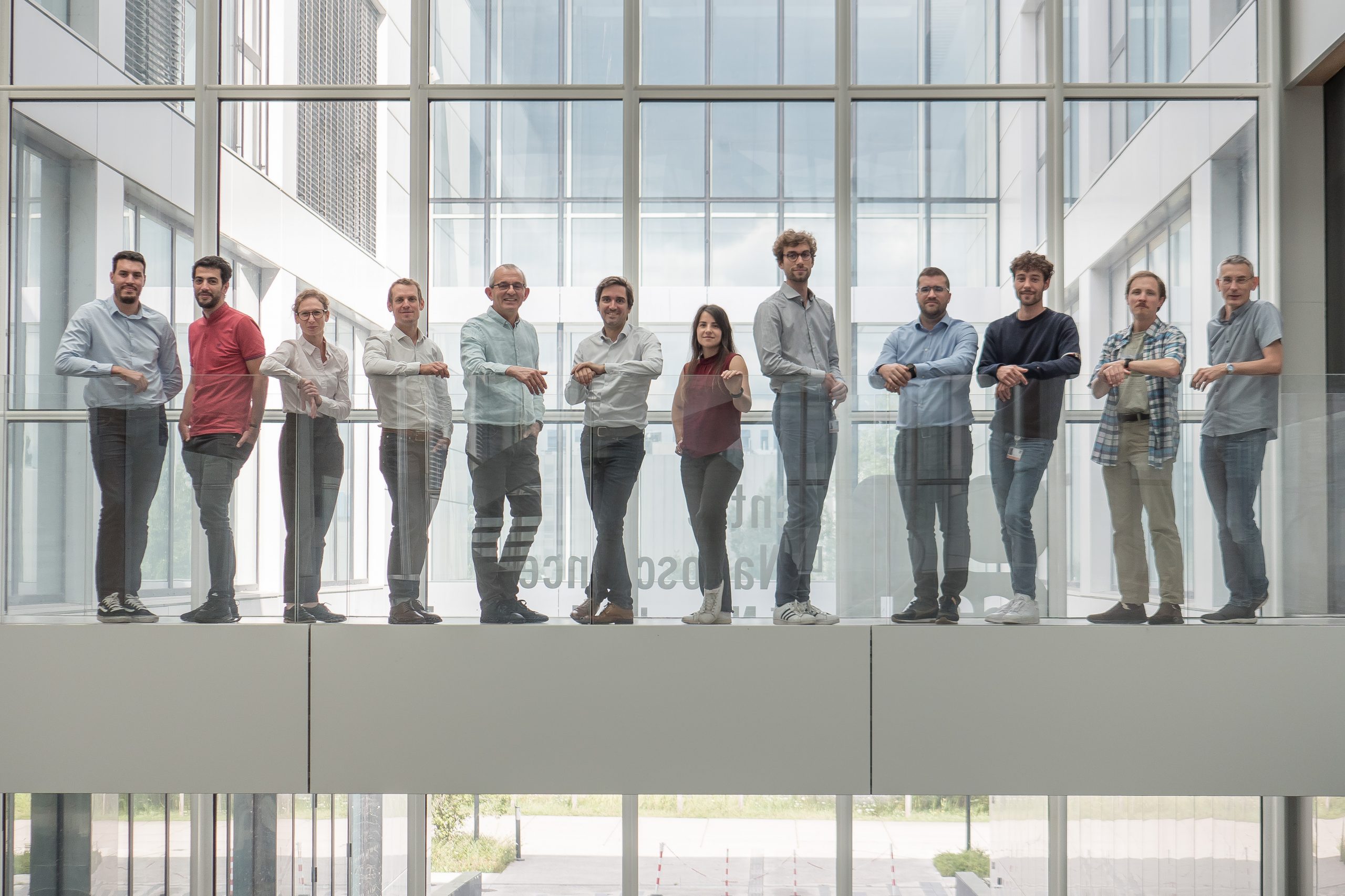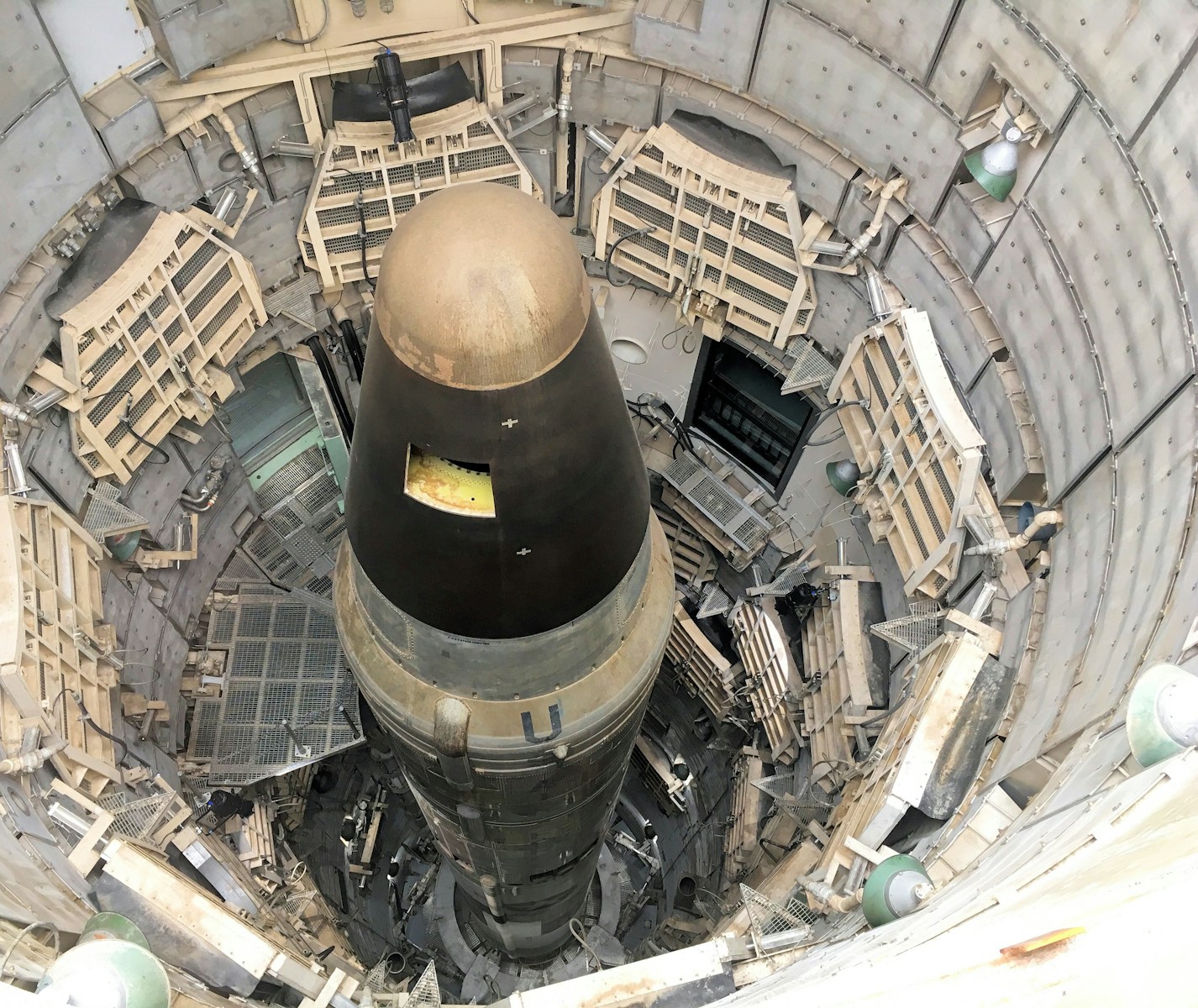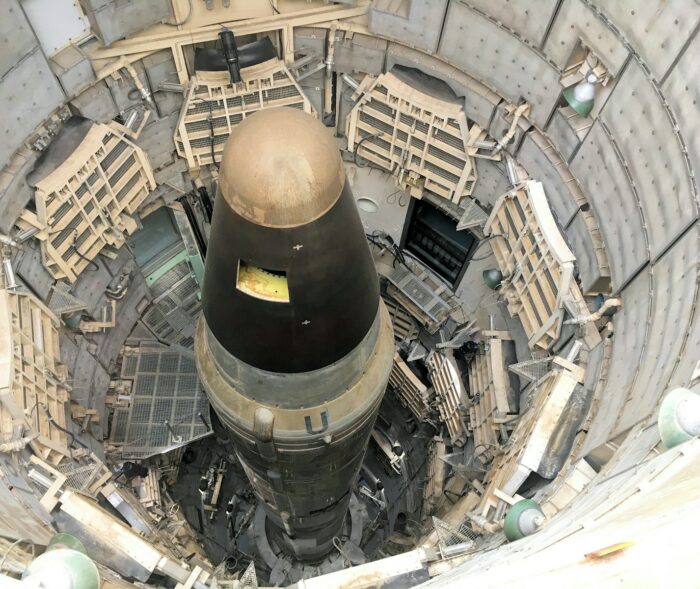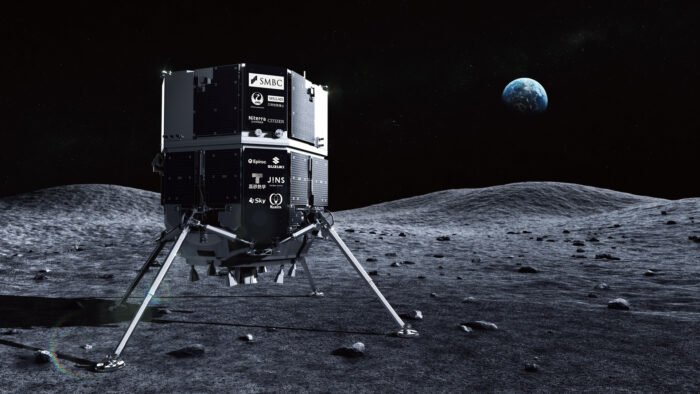The first Chinese civilian, Gui Haichao, launched into space aboard the Shenzhou-16 spacecraft on its way to the Tiangong space station. However, this is just the beginning of what China plans in the coming years. To get more insight into this, China 24 interviewed Keith Cowing, an astrobiologist, former NASA employee and the editor of the American space program blog NASA Watch, about China’s space exploration plans.
Space is Popular
“Well, I’ll tell you the highlights are big for everybody,” Cowing began when asked what he would say the highlights of this new mission were, “because I was just counting the number of people in both space stations and I think we have a record ten on the space station with the two Saudis and the Russians and the Americans and then six on the Tiangong, so I think we’re getting there.”
Cowing added that space is very popular, and it’s something he believes a lot of countries are growing to see the value of.
“So, where China’s going is where most of the other nations are going as well out into space,” said Cowing.
He was then asked what has gone into the Tiangong space station, how long it took to get to the point the Chinese are at now, and when it would be expanded.
“Well, the interesting thing about space stations now is if I got a car that was built in China or Italy or the US, I’d see a steering wheel and it would look pretty much the same,” said Cowing. “And now when I look inside of Chinese spacecraft, I’ve seen pretty much the same thing I’ve been seeing when I was helping to design the current space station that the US, Russia and Europe built, so what you’ve got now is you’ve got a world-class facility with China’s space station, you’ve got docking capabilities, you have spacecraft coming and going. All those things are needed to get ready to do the next big thing which is to go to the moon.”
Global Cooperation?
Collaboration between other nations and China was then raised and as to whether the Chinese Space Program is set to welcome foreign astronauts to the station, helping, some would say, the tense geopolitics that exists on Earth.
“The more people in more space stations, from more countries, the better off everybody is, that’s just my personal opinion,” said Cowing. “And as I’ve said many times before on your air, we seem to get along better in space than we do on Earth. And maybe space is trying to teach us a lesson.”
The American astrobiologist also mentioned that pretty much anybody in good health can fly to space.
“You’ve got a civilian on this crew, the 16 crew, coming up, pretty much it’s a matter of you know, who’s going to buy the ticket, or who’s going to fund the trip,” he said. “And more importantly what are you going to do when you get up there after you’re done looking out the window? So, the answer is the sky’s the limit,” reaffirming that there’s a lot of commercial activity in space that China is involved in. “I think it’s just a matter of time before somebody buys the seat,” Cowing added.
Finally, Cowing was asked what we can expect from China’s future missions into space.
“I think what you’ll see with China’s space station is additional flights like Shenzhou 15, 16, 17, and 18 as you build out and complete that space station,” he said, adding that he expects to be seeing more missions to the moon. “And I wouldn’t be surprised at some point in the next couple of years, to see a spacecraft that looks like the landers Chang’e 4, 5 and 6, except it’s bigger, something that you would put a human spacecraft on top. I’m expecting that at some point, as are a lot of other people who watch the space programs.”
If you found this article to be informative, you can explore more current space news, exclusives, interviews and podcasts here.
SOURCE: CGTN America
Featured image: China 24, ‘Keith Cowing on plans for space exploration’. Credit: CGTN America
Share this article:

